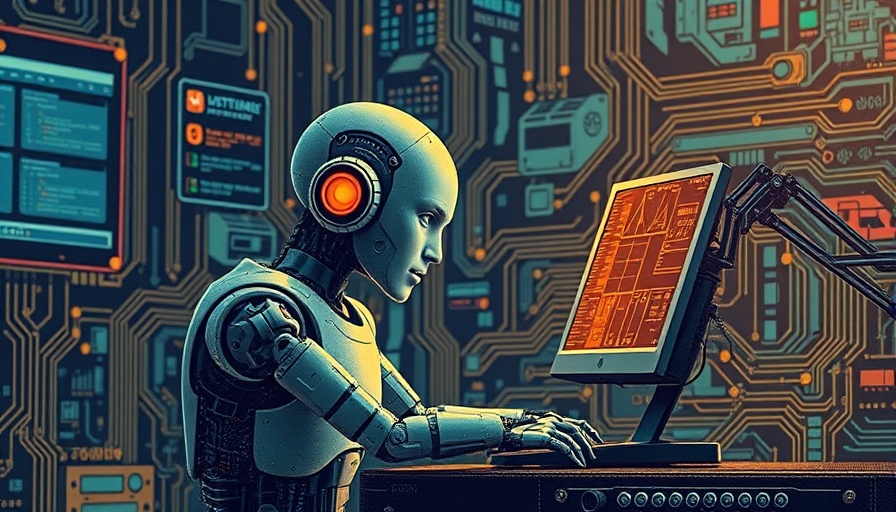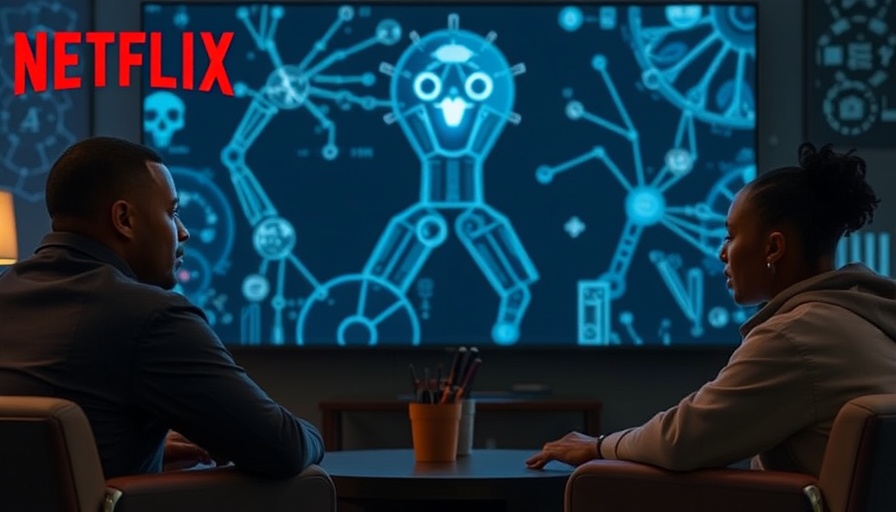
The Rise of AI: Transforming the Tech Landscape
In recent years, the proliferation of artificial intelligence (AI) has begun reshaping the workforce, particularly in the tech sector. This transformation is not merely speculative; numerous industries are already witnessing a shift as AI technologies, including machine learning and deep learning, automate tasks traditionally performed by humans. But how is this affecting individuals aiming for careers in technology?
Understanding AI Job Displacement
According to recent discussions among experts, AI can handle various administrative and cognitive tasks, ranging from data management to customer service queries. These capabilities raise a challenging question: Is AI replacing jobs? Reports show that while AI applications improve efficiency, they simultaneously pose risks of job losses, especially for entry-level positions. However, it's critical to understand the nuanced impacts AI may have on different job roles rather than viewing it solely as a job thief.
Benefits of Embracing AI Innovations
Despite the concerns surrounding job displacement, AI is also creating new roles and opportunities. The demand for skilled professionals to develop and work alongside AI continues to rise. Industries can leverage AI for operational efficiency, enhance customer experiences, and push the boundaries of innovation. This creates a new job market that favors those equipped with the necessary skills in AI and machine learning.
Future Trends and Implications
As AI continues to evolve, its impact on the job market will also change. Experts predict that developments in AI-powered solutions will redefine traditional jobs and create unforeseen roles in sectors like healthcare, marketing, and cybersecurity. For aspiring professionals, this highlights the importance of continuous learning and adaptability in an age dominated by AI technologies.
Preparing for an AI-Driven Future
For young professionals and students eager to remain relevant in their fields, investing in AI-related knowledge is essential. Familiarizing oneself with AI trends, tools, and applications can open new doors. Understanding how AI technologies contribute to business efficiencies is not just a competitive advantage; it's becoming a prerequisite for job seekers in technology.
Conclusion: Navigating the AI Transition
The potential of AI is vast, but as it transforms the workforce, individuals must navigate this transition thoughtfully. By proactively seeking knowledge and understanding the role of AI in shaping the future, one can harness its advantages rather than be left behind. The future of work is intertwined with AI, and preparing for this evolution is key.
 Add Row
Add Row  Add
Add 




Write A Comment